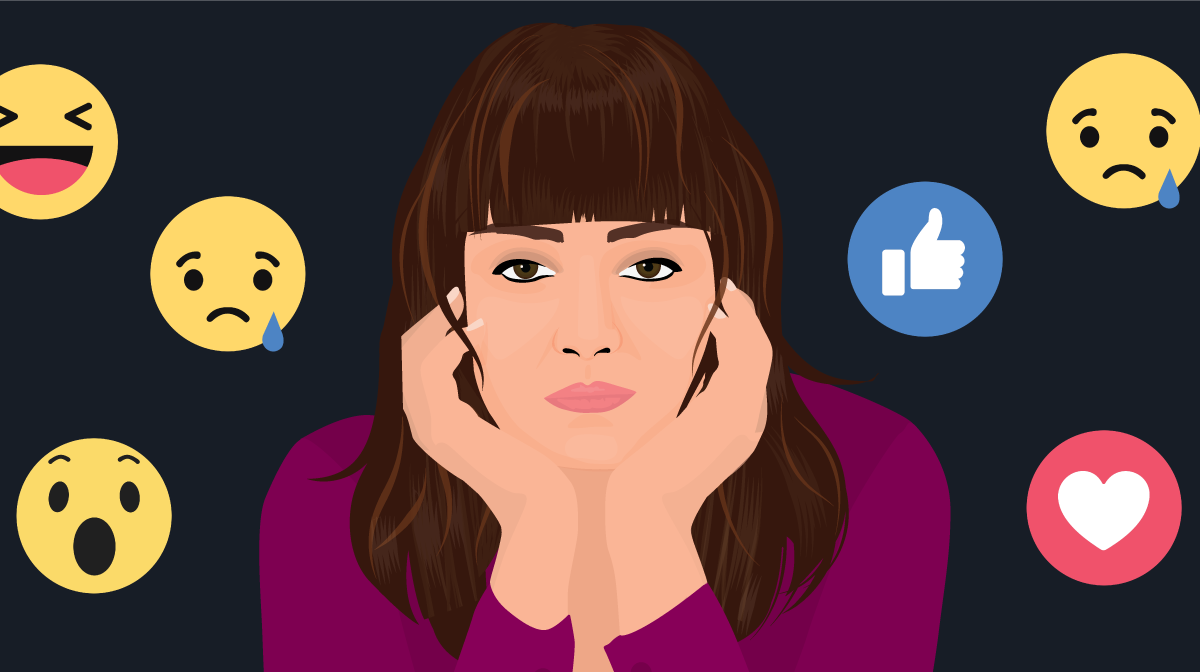
5 Ways To Avoid The Effects Of Social Media Anxiety
The Internet is a place that presents you with plenty of opportunities to explore, share, and meet new people to connect with. Unfortunately, the freedom you experience online can sometimes come at a price. Constant exposure to seemingly affluent lifestyles and the perception of perfection can often leave you feeling drained, hopeless, envious or depressed. The Clarity Clinic in Chicago see many cases that have social media at the root of anxiety. If you’ve ever felt that way, below are five methods to help you cope with the challenges of your mental health when dealing with social media anxiety.
1. Choose To Have Positive Interactions
Our online world is already filled with enough negativity, which is why you should choose kindness whenever given the opportunity. Share positive messages or write nice messages to people you know to inspire them. If you ever feel your positivity slipping and you feel like responding to a message in a negative manner, learn to step back. Either avoid the interaction or choose to have it in person.
Bullying and abusive behavior is unfortunately all too common on social media. If you ever have an interaction that you feel is either of those things, make sure not to engage, block the person, and report them if necessary. It’s easy to forget sometimes the heavy weight that our words carry, which is why it’s crucial to think before you act!
2. Employ Social Media To Spread Mental Health Wellbeing
The Internet offers so many tools, apps, and other resources to help you work on your mental health. From relaxation tips to apps that train you to meditate, you can find virtually anything to help you remain calm and handle your anxiety better. Use the Internet as a great learning experience to figure out how you can feel better about yourself mentally and allow your skills to help others flourish in an online environment.
Expose yourself and people you know to content authored by creative influencers, celebrities, authors or young entrepreneurs willing to share tips and advice about mental health wellbeing. Should you feel that you need help beyond the scope of a few articles or inspirational videos, you can employ social media to also help you get in touch with a mental health professional.
3. Keep Your Privacy In Check Online
Social media by nature is invasive and it is easy to forget to check all of the correct security settings when creating and displaying your social media profiles. When signing up for new platforms, make sure to only give out your personal contact details after educating yourself on how the company will use your information.
If you’ve seen or done something troubling online, once again seek help from someone close to you or get in touch with a mental health professional. You can also offer positive messages of hope, and if you notice that someone you know or come across a person in ill mental health, reach out to them and see how you can help.
4. Don’t Fall Down The Proverbial Rabbit Hole
It’s easy to get caught up with doom scrolling on social media– we’ve all been there! The feeling that your friend has a better life than you, news that makes you feel anxious or stressed, and an ever increasing obsession with what others are thinking about you. It’s important to remain mindful at all times how social media actually makes you feel. Are there certain profiles or people that make you feel bad? Reporting is not always a possibility nor is it really feasible, but you can choose to unfollow or mute posts from accounts that leave you questioning your mental health.
Though you should take everything you see and read online with a grain of salt, exposure to constant negativity can take its toll on your health. If you find something that makes you feel uncomfortable, it’s time to step back!
5. Spend More Time Offline
We spend a good portion of our lives interacting online, and unfortunately, this is just one of the many symptoms of lines becoming blurred with a world online and offline. If you notice that you spend a good portion of your time posting, reading or interacting on social media, try to focus on building your life offline as well.
Set boundaries for yourself. Instead of checking your social media connections and feeds early on in the day, give yourself a few hours without your phone. Call a friend or plan an outing with your family to enhance your mental wellbeing.


